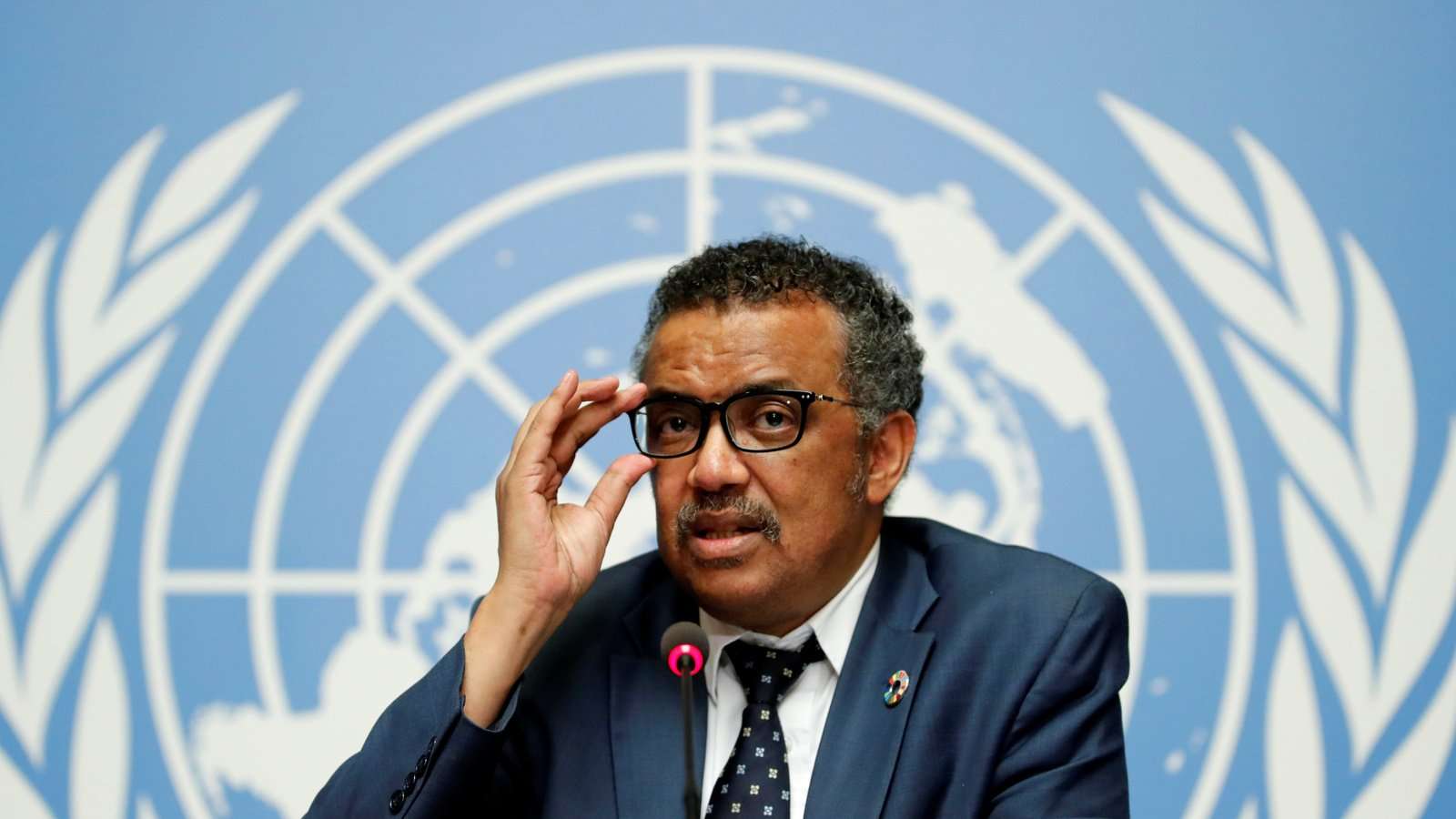
The World Health Organisation (WHO) has raised concerns about the significant burden of out-of-pocket spending on healthcare, especially in low- and -middle-income countries, as revealed in its 2024 Global Health Expenditure Report. According to the report, more than half of total health spending in 20 low- and lower middle-income countries is borne directly by patients, perpetuating cycles of poverty and vulnerability.
WHO’s Director-General, Dr Adhanom Ghebreyesus Tedros, emphasised the impact of financial hardship emanating from health costs, noting that while global access to health services has improved, these services often drive people into poverty. “Universal Health Coverage Day is a reminder that health for all means everyone can access the health services they need, without financial hardship,” he said.
The report, titled “Global Spending on Health: Emerging from the Pandemic”, highlights that out-of-pocket payments for healthcare are not limited to lower-income nations. In over a third of high-income countries, more than 20 percent of total health spending is paid directly by households, resulting in financial strain, particularly for the poorest.
The WHO report comes in alignment with the Universal Health Coverage (UHC) Day campaign observed annually on 12 December. The 2024 campaign centres on enhancing financial protection to ensure access to necessary health services without impoverishment.
Reacting to the development, the WHO has called on governments to prioritise UHC and eradicate impoverishing health costs by 2030. Effective strategies include removing or reducing user fees for vulnerable groups, such as low-income individuals and those with chronic illnesses, adopting legal frameworks to shield citizens from catastrophic health expenses, and strengthening public health financing to provide essential healthcare services through a primary health care approach.
The pandemic highlighted the critical role of government budgets in health financing. From 2020 to 2022, public health spending enabled countries to respond effectively to the crisis, underscoring the importance of sustained government investment in building resilient health systems.
As countries navigate post-pandemic economic challenges, WHO’s Health Expenditure Tracking Programme underscores the need for timely, reliable data to guide health investment decisions. Over the past 25 years, the programme has provided policymakers with comprehensive insights through its Global Health Expenditure Database and annual Global Health Expenditure Reports, supporting informed decisions, transparency, and accountability worldwide.
WHO’s call to action on UHC Day confirms its commitment to ensuring that health systems worldwide are inclusive, resilient, and financially equitable, protecting the most vulnerable from the devastating effects of out-of-pocket health costs.










